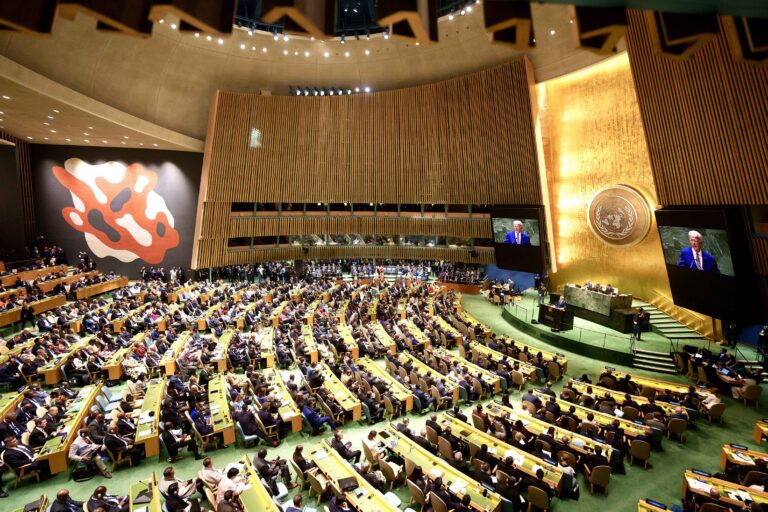The United Nations (UN) is a global organization dedicated to maintaining international peace and security, fostering cooperation among nations, and addressing a wide range of economic, social, and humanitarian issues.
While its member states play a central role in shaping its policies and decisions, there are also entities known as observer states that hold a distinct status within the UN framework. Let’s delve into what exactly observer states are and how they contribute to the workings of the UN.
Table of Contents
Defining UN Observer States
Observer states are entities that are not full-fledged members of the United Nations but are granted observer status to participate in the activities of the organization. This status allows them to attend meetings, engage in discussions, and contribute to various initiatives within the UN system.
Observer states are typically sovereign entities that are recognized as such by a significant number of UN member states.
Roles and responsibilities
While observer states do not have the same rights and privileges as full UN members, they still play important roles within the organization. One of their primary responsibilities is to contribute to discussions on global issues and provide valuable perspectives that may not be represented by existing member states.
Observer states often participate in debates on topics such as peacekeeping, human rights, development, and environmental sustainability.
Observer status within the UN can vary depending on the entity’s relationship with the organization. There are several categories of observer status, each with its own level of engagement and participation rights.
For example, some observer states have permanent observer status, which grants them the right to attend most UN meetings and participate in debates on a wide range of issues. Others may have limited observer status, which restricts their involvement to specific committees or topics.
The criteria for Observer status
The criteria for granting observer status within the UN can vary. But they generally require entities to demonstrate a commitment to the purposes and principles of the organization.
This may include respecting international law, promoting human rights, and adhering to the principles of peaceful coexistence. Observer states must also have the support of a certain number of UN member states to be granted observer status.
Examples of Observer States: the Holy See and Palestine
There are numerous observer states within the UN, representing a diverse range of entities from around the world.
Some examples include the Holy See (Vatican City), which holds permanent observer status and participates actively in discussions on social justice, peacebuilding, and humanitarian assistance.
Another example is Palestine, which was granted non-member observer state status in 2012, allowing it to participate more fully in UN activities and pursue its interests on the international stage.
Challenges and opportunities
While observer status within the UN provides entities with valuable opportunities to engage in global governance processes, it also presents certain challenges.
Observer states may face limitations on their ability to influence decision-making within the organization, particularly on issues where full UN membership is required for voting rights.
Read also: Which countries do not recognize Palestine, and which ones Israel?












